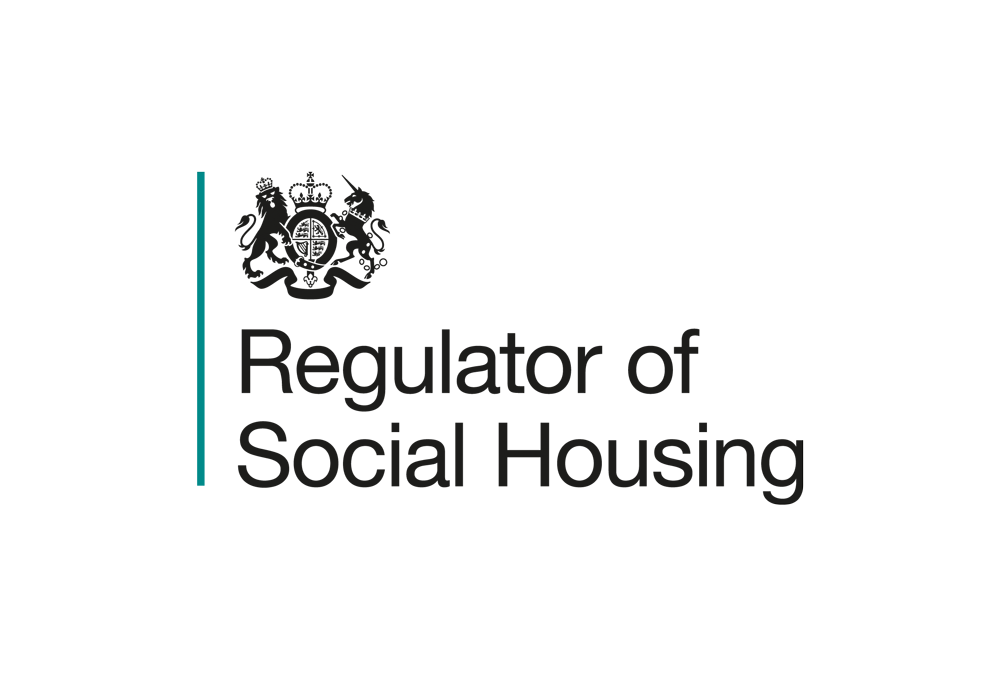A tenancy is a written legal agreement between you and your landlord, in this case, with you and Spitalfields Housing Association. In the UK, not all tenancies are the same. Conditions of a tenancy can vary depending on a variety of reasons eg. your circumstances at the time of agreeing to a tenancy, the condition of your home and the shared communal spaces where you live.
We have recently updated our SHA Tenants Handbook, where you can find more details about your tenancy.







